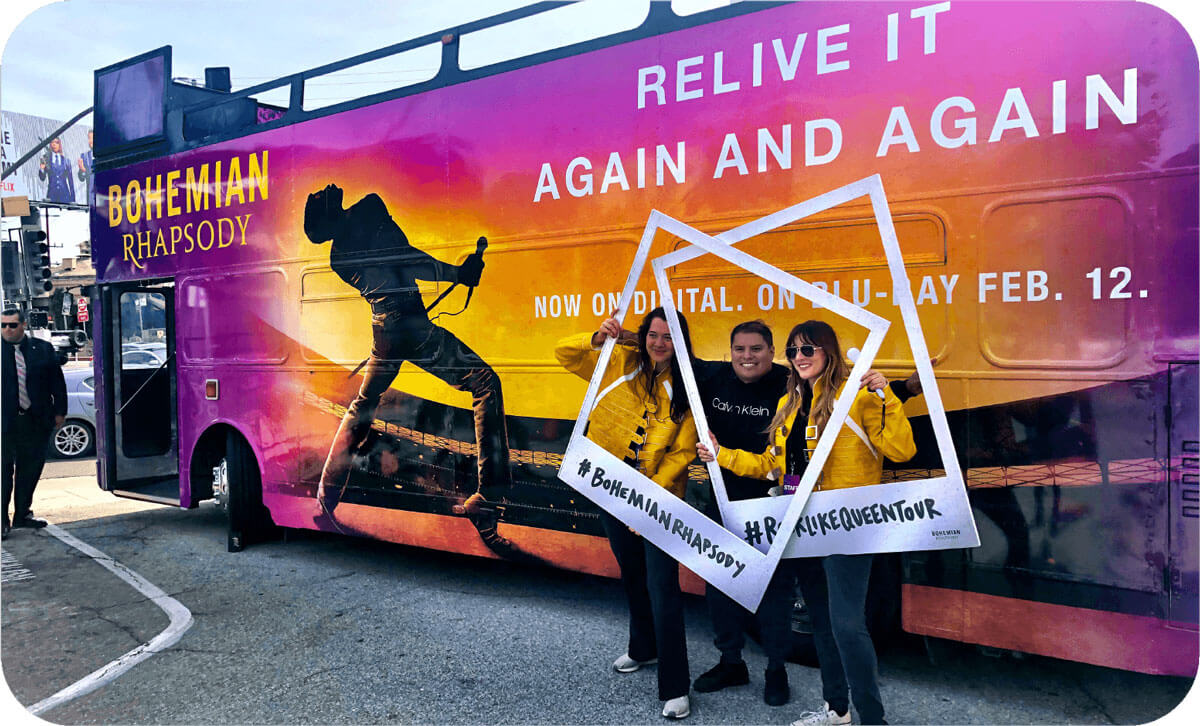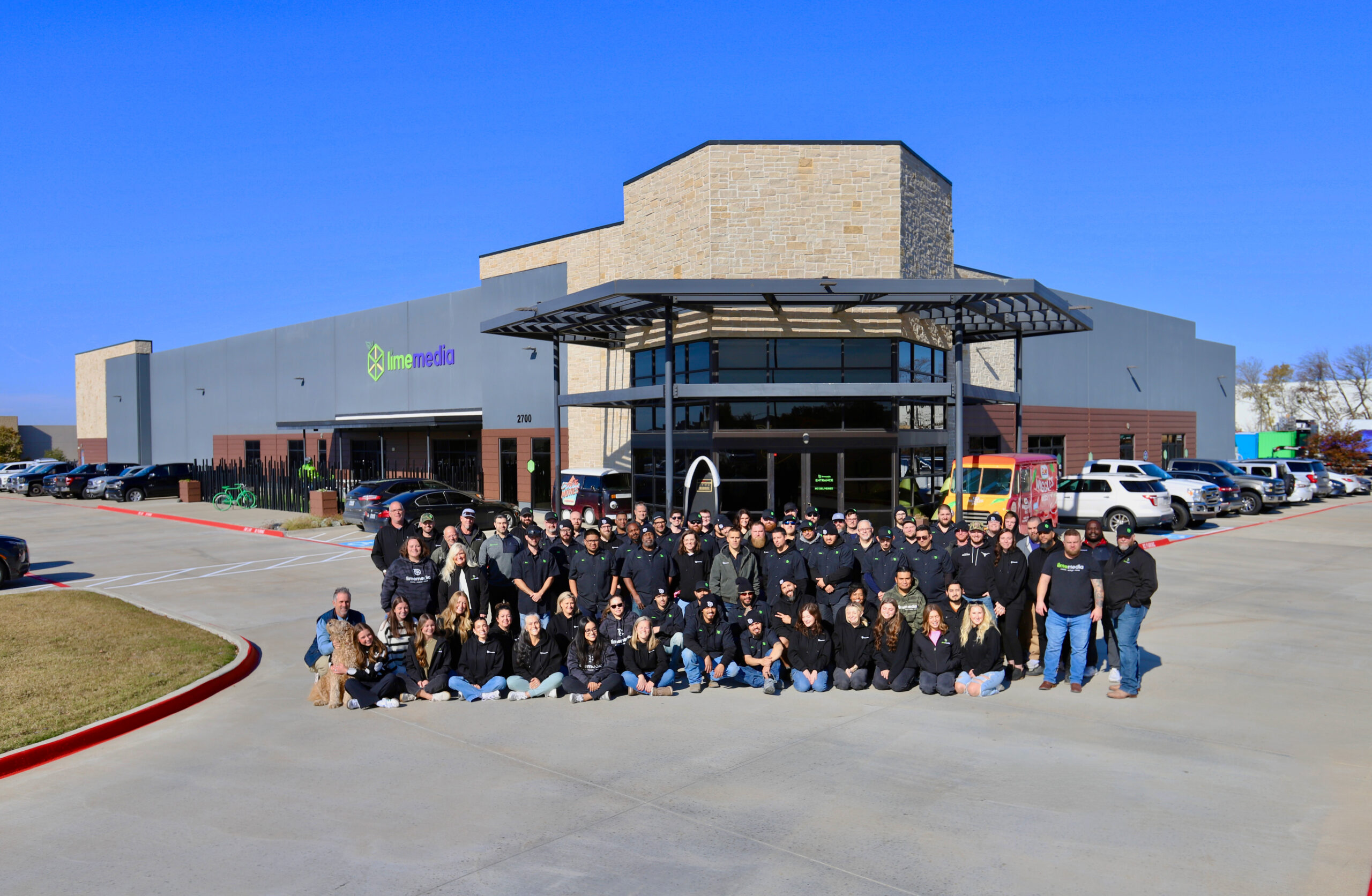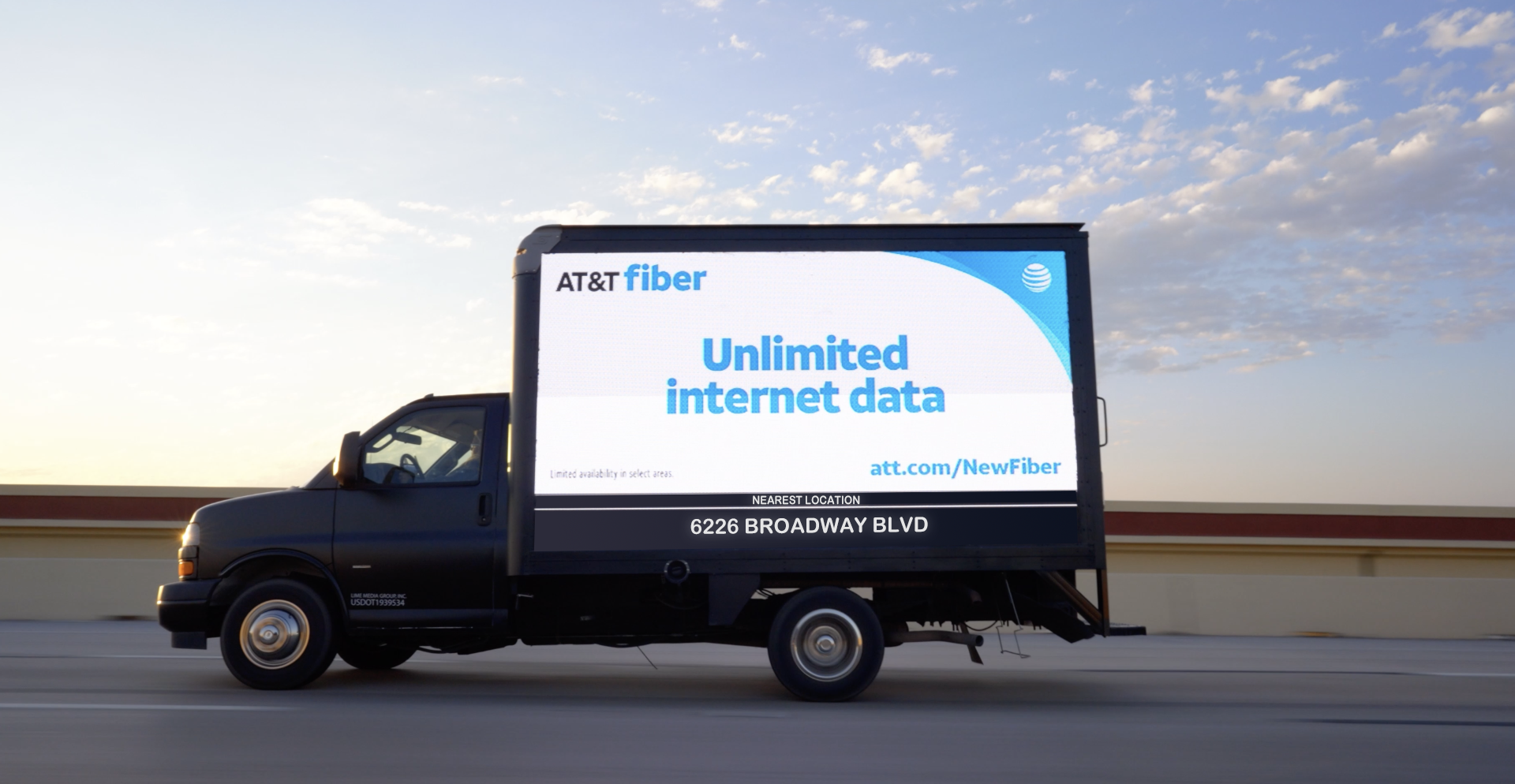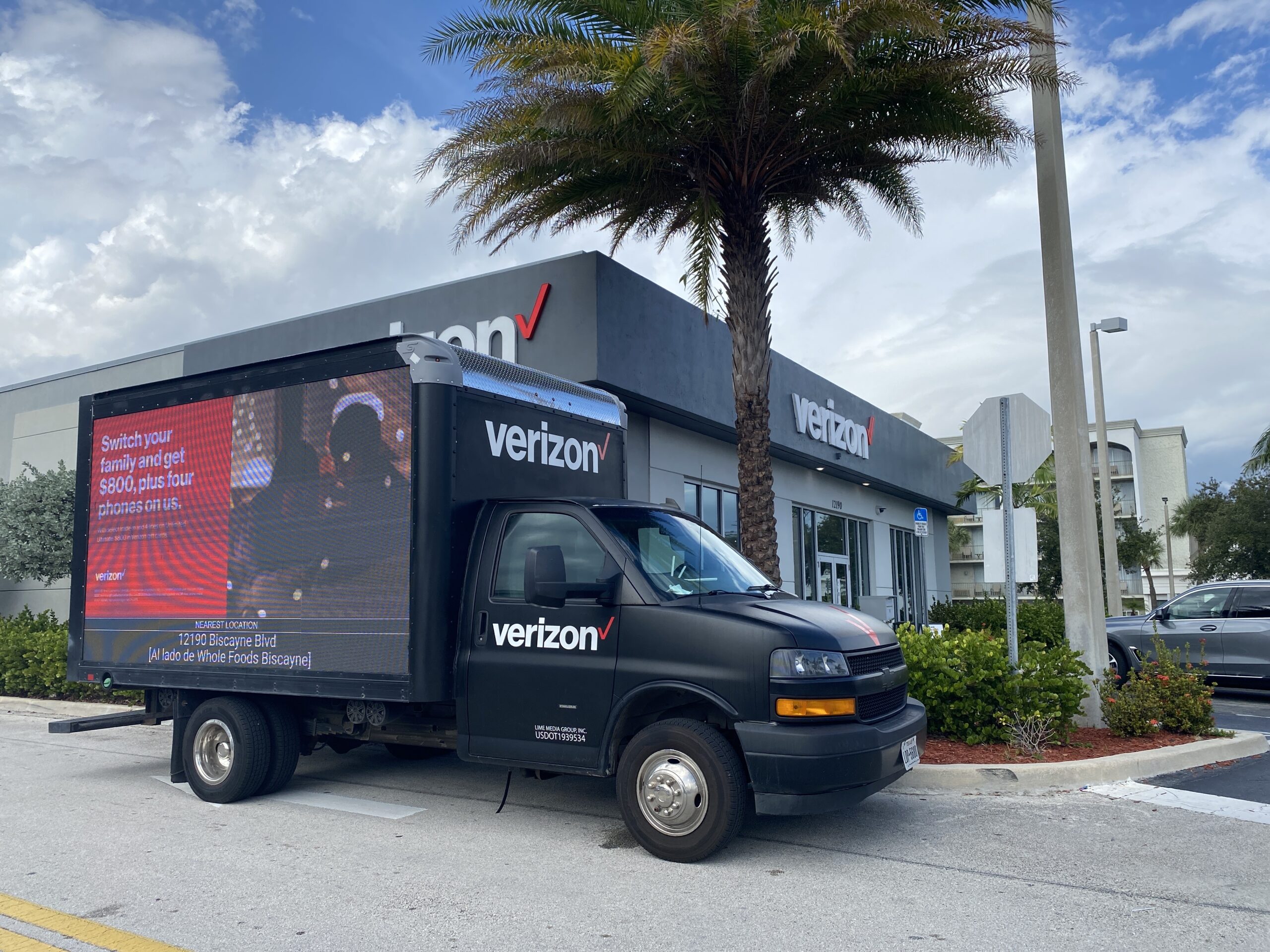Experiential marketing is one powerful strategy for brands to create awareness and connect with their target audience in meaningful and memorable ways. This approach goes beyond traditional advertising methods, creating immersive experiences that leave a lasting impression on consumers. At Lime Media, we specialize in bringing imagination to life through innovative experiential campaign services that captivate and engage audiences nationwide.
Experiential Marketing Strategy for Businesses
Experiential marketing, also known as engagement marketing, is a marketing approach that focuses on creating direct interactions between brands and consumers. This strategy aims to forge emotional connections, increase brand awareness, and create memorable experiences that resonate with the target audience long after the event has ended.
Breaking Down Experiential Marketing
Experiential marketing is a multifaceted approach that combines various elements to create impactful brand experiences. These components work together to engage consumers on multiple levels, fostering deeper connections and memorable interactions. The most important parts of successful experiential marketing campaigns include:
- Immersive Experiences: Creating environments that engage multiple senses and transport participants into the brand’s world.
- Interactive Elements: Incorporating activities that encourage active participation and engagement from the target audience.
- Emotional Connections: Designing experiences that evoke positive emotions and create meaningful connections with the brand.
- Memorable Moments: Crafting personalized and unforgettable experiences that participants will want to share with others.
- Brand Storytelling: Using experiential events to communicate the brand’s values, mission, and personality in a tangible way.
Brands that create experiential marketing campaigns that resonate with their target audience leave a lasting impression with these strategies. Each part plays a major role in crafting a cohesive and engaging brand awareness experience. When executed effectively, these elements work harmoniously to create powerful experiential marketing campaigns that drive results.
The Power of Experiential Marketing Strategies

Effective experiential marketing strategies can significantly impact brand perception and customer loyalty. These strategies encompass various approaches, from building brand awareness to generating valuable consumer insights. Here are some helpful ways in which this innovative marketing approach benefits brands:
Building Brand Awareness
Experiential marketing campaigns provide specialized opportunities to create awareness and increase brand visibility. By creating engaging experiences, brands can capture attention in crowded marketplaces and stand out from competitors. These immersive interactions allow consumers to form deeper connections with the brand, leading to increased recall and recognition. The memorable nature of experiential events can also result in prolonged brand exposure as loyal customer bases continue to reflect on and share their experiences.
Fostering Customer Engagement
Interactive experiences encourage active participation from consumers, leading to deeper engagement with the brand. This hands-on approach allows customers to form personal connections with products or services. Experiential marketing creates an environment where consumers can explore and interact with the brand on their own terms, fostering a sense of ownership and personal investment. This level of engagement often translates into stronger brand loyalty and increased likelihood of purchase.
Generating Word-of-Mouth Marketing
Memorable experiential events often inspire participants to share their experiences on social media and with friends and family. This organic word-of-mouth marketing can significantly extend the reach and impact of a campaign. The shareable nature of exciting experiences encourages participants to become brand advocates, spreading positive sentiment through their personal networks. This peer-to-peer promotion often carries more weight than traditional advertising, as it comes from trusted sources.
Collecting Valuable Consumer Insights
Experiential marketing events provide opportunities to gather real-time feedback and insights from participants. This data can inform future marketing strategies and product development. Direct interactions with consumers allow brands to observe authentic reactions and gather unfiltered opinions about their products or services. These insights can be invaluable for refining offerings, identifying new market opportunities, and tailoring future marketing efforts to better resonate with the target audience.
Innovative Experiential Marketing Ideas

Experiential marketing thrives on creativity and innovation, constantly pushing the boundaries of consumer engagement. As technology advances and consumer expectations evolve, brands must continually seek fresh and exciting ways to captivate their audience. From mobile experiences to cutting-edge technology integrations and original event concepts, the possibilities for creating memorable brand interactions are vast. To inspire your next experiential marketing campaign, consider these creative marketing approaches:
Mobile Experiences
Mobile experiences offer a dynamic way to bring brands directly to their target audience. These versatile marketing solutions allow companies to create individualized, location-specific interactions that capture attention and drive engagement. Mobile marketing experiences include:
- Pop-Up Shops: Create temporary retail spaces in unexpected locations to showcase products and engage with customers.
- Product Sampling Tours: Take your products on the road with custom vehicles designed for sampling and demonstrations.
- Mobile Showrooms: Transform vehicles into interactive brand experiences that can travel to different locations and events.
These mobile marketing approaches provide flexibility and reach, allowing brands to connect with consumers in various settings. Companies can tailor their mobile experiences to specific events, seasons, or target demographics, maximizing their impact. The ability to bring products and brand experiences directly to consumers creates memorable interactions that traditional marketing methods often struggle to achieve.
Immersive Technology Experiences
Immersive technology experiences offer brands innovative ways to engage customers through cutting-edge digital interactions. These technologies create memorable, multi-sensory experiences that leave lasting impressions on participants. Immersive technology experiences include:
- Virtual Reality (VR) Demonstrations: Utilize VR technology to transport customers into immersive brand experiences or product simulations.
- Augmented Reality (AR) Activations: Enhance real-world environments with digital overlays to create interactive and engaging brand experiences.
- Interactive Displays: Incorporate touchscreens and motion-sensing technology to create engaging and informative product displays.
These technological approaches allow brands to create unique, interactive experiences that captivate audiences and showcase products in novel ways. Companies can use these tools to tell compelling brand stories, demonstrate product features, or create gamified experiences that entertain and inform. The integration of immersive technologies in experiential marketing campaigns helps brands stand out and create buzz-worthy moments that resonate with tech-savvy consumers.
Event-Based Experiences
Event-based experiences provide opportunities for brands to create immersive, real-world interactions with their target audience. These live events allow for face-to-face engagement and the creation of shared experiences that foster strong emotional connections. Event-based experiences include:
- Brand Festivals: Host themed events that bring your brand to life through entertainment, activities, and product showcases.
- Experiential Trade Show Booths: Design interactive booth experiences that stand out at industry events and engage booth visitors.
- Guerrilla Marketing Stunts: Create unexpected and attention-grabbing experiences in public spaces to generate buzz and media coverage.
These event-based approaches enable brands to create memorable moments that resonate with participants long after the experience ends. Companies can use these events to showcase their personality, values, and products in engaging, interactive ways. The social nature of event-based experiences also encourages word-of-mouth marketing and social media sharing, extending the reach and impact of the brand’s message.
Measuring the Success of Experiential Marketing Campaigns
To evaluate the effectiveness of your experiential marketing efforts, it’s important to track key performance indicators that reflect both immediate engagement and long-term impact. Metrics such as attendance and participation rates provide insight into the initial success of an event or campaign. Social media engagement and user-generated content offer valuable data on the reach and resonance of the experience. Measuring shifts in brand awareness sentiment and perception helps gauge the emotional impact on participants and the target audience.
Lead generation, conversion rates, and sales uplift during and after the campaign demonstrate tangible business outcomes. Customer feedback and satisfaction scores round out the evaluation by providing direct insights from participants and a potential loyal customer base. Analyzing these metrics allows brands to gain a comprehensive understanding of their experiential marketing performance. This data-driven approach enables companies to refine their strategies, identify areas for improvement, and optimize future campaigns for maximum impact and return on investment.
About Lime Media: Your Partner in Experiential Marketing Excellence
At Lime Media, we specialize in bringing imaginative experiential marketing ideas to life. Our comprehensive experiential campaign and marketing services include designing and executing mobile tours, creating custom vehicles for product sampling, and developing innovative brand activations. With our fleet of over 200 customizable assets and our commitment to creativity and quality, we help brands create awareness through unforgettable experiences that resonate with their target audience and drive meaningful results.
Frequently Asked Questions
Why is experiential marketing so important?
Experiential marketing allows brands to create memorable, immersive experiences that forge emotional connections with consumers. This approach goes beyond traditional advertising by actively engaging participants and leaving a lasting impression. By providing hands-on interactions, experiential marketing can significantly boost brand awareness, loyalty, and word-of-mouth marketing.
What is the difference between marketing and experiential marketing?
Traditional marketing often relies on one-way communication through channels like print, TV, or digital ads. Experiential marketing focuses on creating two-way interactions and immersive experiences that engage consumers directly with the brand. This approach allows for deeper engagement, more meaningful connections with a loyal customer base, and more memorable brand experiences than conventional marketing methods.
How to create an experiential marketing campaign?
Creating an effective experiential marketing campaign starts with understanding your target audience and defining clear objectives. Next, develop a creative concept that aligns with your brand values and resonates with your audience, incorporating interactive elements and memorable moments. Finally, choose appropriate venues or platforms for your experience, integrate technology to enhance engagement, and plan for data collection to measure the campaign’s success.



